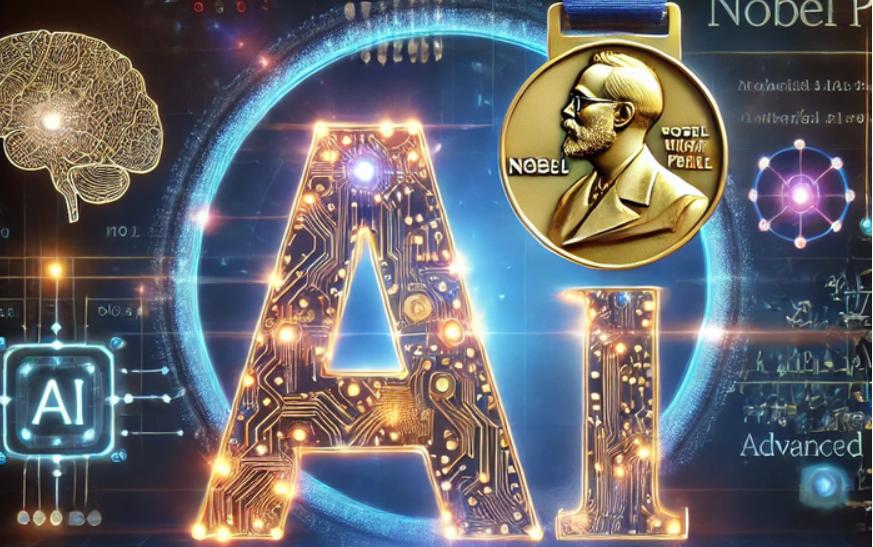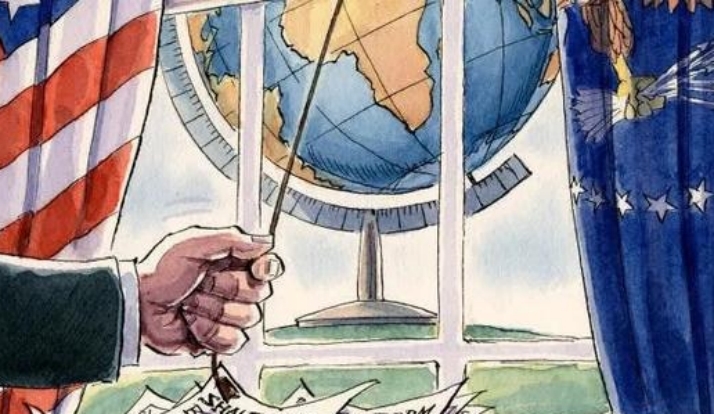
At a time when Google is facing antitrust scrutiny, the recognition of breakthrough research highlights the tense relationship between innovation and ethics. Three outstanding figures from Google recently won the Nobel Prize, earning international acclaim that is of great significance not only for themselves, but also for the entire artificial intelligence industry. The recent honors have highlighted the growing influence and recognition of artificial intelligence in the scientific field, while also sparking debates on ethical issues and the nature of scientific research.
Firstly, Demis Hassabis, CEO of Google's artificial intelligence division, along with John Jumper and biochemist David Baker from the same laboratory, were awarded the Nobel Prize in Chemistry for their pioneering work in the field of microprotein. Their research utilizes artificial intelligence to decode these complex proteins, promoting the scientific community's understanding of bodily functions and the ways in which diseases alter these functions. Meanwhile, Geoffrey Hinton, often referred to as the godfather of artificial intelligence, shared the Nobel Prize in Physics with Princeton University professor John Hopfield for his contributions in machine learning and neural networks. The outstanding achievements of these three individuals highlight the transformative power of artificial intelligence, which goes far beyond the technology industry and deeply permeates into various scientific explorations.
Secondly, praise and scrutiny coexist, and the decisions of the Nobel Committee have also been criticized. Professor Wendy Hall, the artificial intelligence consultant of the United Nations, is one of the opponents. Hall is unsure whether Hinton and Hopfield's contributions can truly be classified as physics, and she believes that the award may reflect more of the Nobel Committee's desire to participate in the rapidly developing field of artificial intelligence than the usual criteria for evaluating such prestigious awards. She explained that the Nobel Committee did not want to miss out on the field of artificial intelligence, so it was very creative for them to let Jeffrey embark on the path of physics.
On the other hand, in the scientific community, there seems to be a consensus on the undeniable achievements of these award winners. Emeritus Professor Oren Ezioni of the University of Washington emphasized the importance of recognizing the flourishing development of artificial intelligence. This year marks the year when the Nobel Committee was awarded the title of AI, highlighting the significant role of AI technology in the scientific field. Attempting to quell the storm caused by these endorsements may only deepen the controversy surrounding Google, especially as it faces serious antitrust challenges. The recent investigation by the US Department of Justice suggests that they may spin off some of the tech giant's businesses in light of their claims of monopolistic behavior, particularly in the online search industry. This review is accompanied by the company's new honors, echoing Google's innovative contributions and the strong opposition it currently faces.
In addition, the US Department of Justice claims that Google has engaged in illegal behavior over the past decade and points out that eliminating such behavior and achieving effective antitrust remedies will take time. Despite Google's call for transparency in its business practices, including its proprietary technology for artificial intelligence systems, internal criticism remains focused on whether the groundbreaking research achieved by its Nobel laureates could have been accomplished without the vast resources provided by Google's infrastructure.
Overall, although Google continues to lead artificial intelligence research and development in innovative ways, people still question whether the scale of funding received by Google projects distorts the fairness of scientific research and progress. Industry experts also express concern that few companies have the large computing resources needed to pursue cutting-edge advances in artificial intelligence, which often puts small institutions in financial difficulties. Historically, disruptive technologies have been both praised and feared. In his acceptance speech, Hinton expressed concern about the potential of artificial intelligence systems to become smarter than humans and warned of situations where society may encounter uncontrollable machines. The overall consequence of worrying about this situation may be that the system is smarter than us, emphasizing the dual nature of the prospects and dangers of artificial intelligence.

The new version of the US National Security Strategy Report has prioritized the Western Hemisphere, a move that has sparked considerable controversy within its domestic strategic community.
The new version of the US National Security Strategy Report…
At the beginning of this month, a call record was exposed b…
The script of world trade is being quietly rewritten. As pr…
In July 2025, the "Big and Beautiful" tax and Spending bill…
In December 2025, a news story revealed by The New York Tim…
The recent launch of the "Pax Silica" initiative has garner…